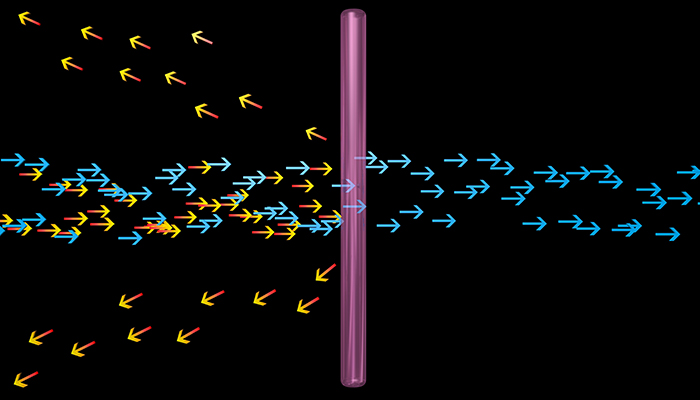
Do you find yourself more easily distracted these days? There is good reason: Concentration is about keeping what’s useful top of mind while at the same time suppressing thoughts that distract from your primary objective. As we age, the “executive” center of the brain becomes less able to sort out distractions. It’s a filtering process that requires heavy brainpower. Many people worry that lapses in concentration are an early sign of Alzheimer’s. Not necessarily. While memory and focus are related, they are not the same thing.
If you are concerned about increasing distractibility
- Make sleep a priority. Lack of sleep is strongly linked to poor concentration. The brain sorts through the day’s input when we sleep and decides what to keep and what to toss. Sleep makes room for processing input. Sleep is also when the brain eliminates toxic byproducts of the day’s work. Optimal is seven to eight hours of sleep per night.
- Increase oxygen to the brain. Take care of conditions that tend to limit good oxygen supply. High blood pressure, for instance; also, sleep apnea and excess weight. (In addition to contributing to sleep apnea, obesity seems to reduce one’s ability to resist distractions.) Aerobic exercise is a great way to get oxygen to the brain.
- Avoid or limit situations that are hard on the brain. Chronic stress, anxiety, and depression all challenge the brain and reduce resources available for concentration. Actively tame the stressors in your life and seek treatment for depression and anxiety. Explore alternatives to medications that fog thinking. Get glasses and wear hearing aids if you have impairments. This frees the brain to focus on concentration rather than on deciphering blurry images or garbled words. Alcohol also impairs thinking and sleep.
- Reduce unnecessary distractions. Treat painful conditions. (Pain is a distraction that’s very difficult to ignore.) Turn off alerts on your smartphone. Bury the myth of multitasking. Do just one thing at a time. And for very important situations such as driving, turn off the radio or ask your passenger to stop conversing until traffic complexity has subsided.
- Practice focusing attention. This isn’t about beating yourself up to try harder (that doesn’t work). Instead, you can use beginning mindfulness strategies. Set aside ten to twenty minutes in a day to just focus on your breathing. When you notice your mind has wandered, no recriminations. Just gently return to focusing on your breath. By learning to monitor your thoughts, you improve your ability to notice when your mind is off task and shorten the time you “spend away.”
Are you worried about concentration and focus?
Let’s talk about the possibilities. Give us a call: 706-810-3203.